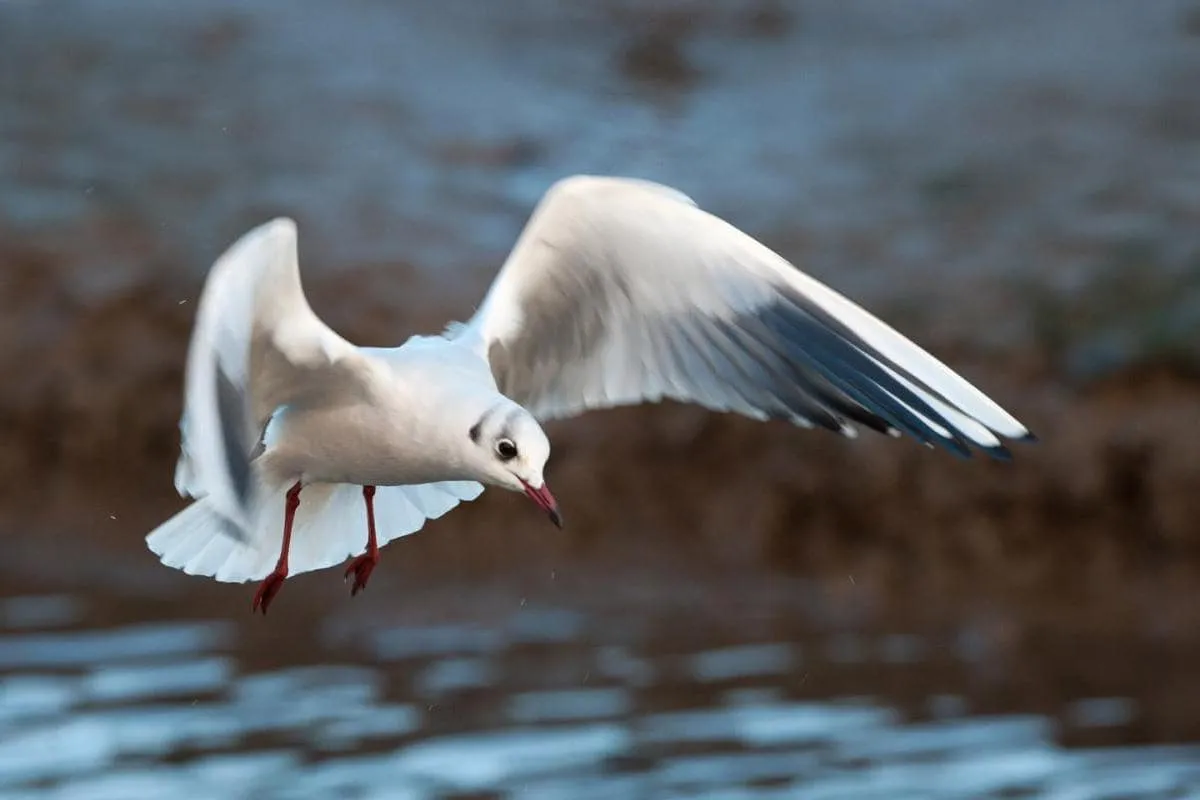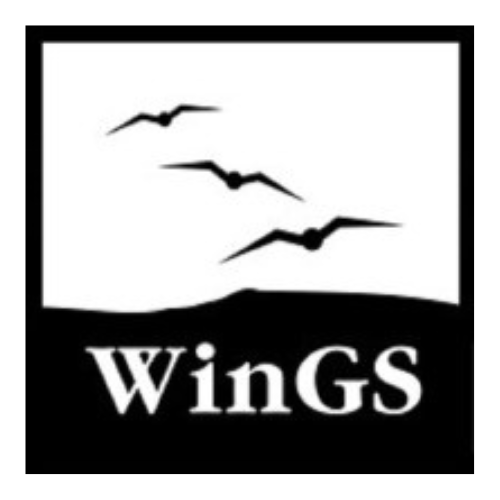The Winter Gull Survey collects information about our wintering gull populations, through the coordinated effort of volunteer surveyors across the UK.

Time, skill and support
At least one evening visit to a gull roost or potential roosting site in January, with the option to conduct an autumn count and additional visits to sample squares.
You must be able to identify gull species as they come to roost, potentially in low light levels.
Videos and training courses are available to help you boost your bird identification skills.
About the survey
- Visit the WinGS Vacant Site Map to view and request sites in your area.
- The key date for Winter 2025 surveys is January 19th.
- Counts can be conducted a week before and after, as close to this key date as possible.
- Find out how to volunteer for WinGS on the Taking part page.
In winter, gulls flock together to roost communally on lakes, reservoirs and estuaries, in groups that can reach the thousands.
 The Winter Gull Survey (WinGS) will run over the winters of 2023/24 and 2024/25 to collect updated information on the numbers and distributions of these wintering gulls in the UK, the Channel Islands and the Isle of Man. Surveys will also run in autumn 2024 in order to monitor gulls at post breeding aggregations and capture seasonal peaks of species on passage from breeding to wintering locations.
The Winter Gull Survey (WinGS) will run over the winters of 2023/24 and 2024/25 to collect updated information on the numbers and distributions of these wintering gulls in the UK, the Channel Islands and the Isle of Man. Surveys will also run in autumn 2024 in order to monitor gulls at post breeding aggregations and capture seasonal peaks of species on passage from breeding to wintering locations.
WinGS volunteers visit gull roost sites, counting six key species: Black-headed Gull, Common Gull, Mediterranean Gull, Lesser Black-backed Gull, Herring Gull and Great Black-backed Gull. These gulls are all of conservation concern, and their breeding populations are either Amber- or Red-listed in the UK.
Gathering more detailed information about wintering populations, and which roost sites they rely on, will help us protect them and develop more effective conservation strategies.
Code of Conduct
Volunteers must follow BTO’s Code of Conduct. This code applies to our staff, our members, and volunteers, including surveyors and participants in the Ringing and Nest Record Schemes, (hereafter referred to collectively as ‘staff and supporters’). It applies to all BTO activities, whether online (including meetings and events, telephone, letter, and email) or offline (any face-to-face interaction). We've also written some guidance for volunteer fieldworkers, which will help beginners in particular.
Project team
Leads
Follow this project
Contact
- wings@bto.org
Project timeline
- Oct 2023 Volunteer sign-up for winter counts (2023/24)
- Jan 2024 Survey visit(s) for winter counts
- Mar 2024 Data submission
- Apr 2024 Volunteer sign-up for autumn counts (2024)
- Autumn 2024 Survey visit(s) for autumn counts
- Sept 2024 Sign-ups for winter counts (2024/25)
- Jan 2025 Survey visit(s) for winter counts
- Mar 2025 Data submission
- 2026 Report and papers published